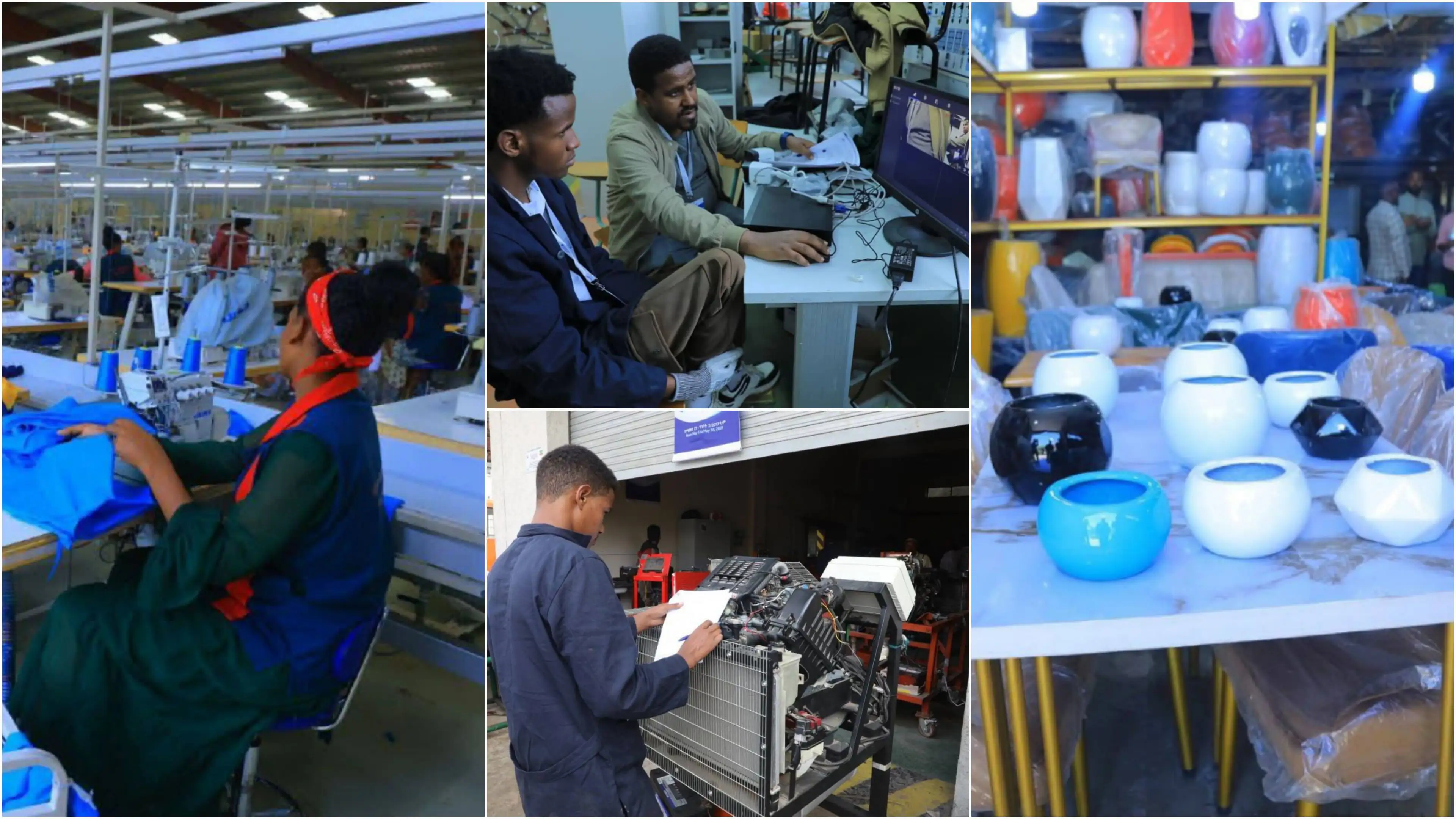Ethiopia's concerted efforts to expand its domestic pharmaceutical manufacturing sector are earning high praise from the World Bank, which hails the initiative as a "transformative strategy" with far-reaching benefits.
Sherin Varkey, World Bank Program Leader for Human Development for Ethiopia, South Sudan, Sudan, and Eritrea, emphasized the critical importance of this endeavor. He highlighted its potential to significantly boost healthcare access, create much-needed employment opportunities, lessen the nation's dependence on imported medicines, and foster comprehensive economic growth.
"Enhancing local pharmaceutical manufacturing is vital for Ethiopia’s self-reliance and healthcare delivery," Varkey asserted. "It’s also a tremendous opportunity for job creation. With two million youth entering the labor market each year, the health sector presents a critical avenue for generating more and better employment opportunities."
While acknowledging Ethiopia's notable strides in healthcare, Varkey also pointed to persistent challenges, particularly in guaranteeing a consistent and affordable supply of quality medicines. He noted that expanding local production is key to addressing these needs and advancing health equity across the nation.
Varkey further underscored the broader economic advantages, citing studies that suggest every job created in healthcare can generate up to 3.4 additional indirect and induced jobs in other sectors. "This makes the health sector a powerful engine for economic growth and inclusive development," he affirmed.
He credited recent macroeconomic reforms by the Ethiopian government for cultivating a more conducive environment for private sector investment. Varkey specifically pointed to the establishment of the Kilinto Industrial Park, purpose-built to attract pharmaceutical manufacturers, as clear evidence of the government’s dedication to industrial development.
"The Kilinto Industrial Park, supported by investment incentives and infrastructure, is a model initiative that positions Ethiopia as a competitive pharmaceutical hub in Africa," he stated. He also recognized the crucial role of institutions like the Armauer Hansen Research Institute (AHRI) in providing technical support and bolstering the local pharmaceutical ecosystem.
The World Bank, alongside its private sector arm, the International Finance Corporation (IFC), has been actively supporting Ethiopia’s pharmaceutical ambitions. Beyond financial backing, these institutions provide vital technical expertise, policy guidance, and capacity-building support to ensure that healthcare reforms are sustainable and inclusive, according to ENA.
"Our partnership with Ethiopia is focused on transforming the health sector into a foundation for economic growth and social development," Varkey concluded. "Local pharmaceutical manufacturing is central to this vision, and we remain committed to supporting Ethiopia’s journey toward resilience and self-sufficiency."




